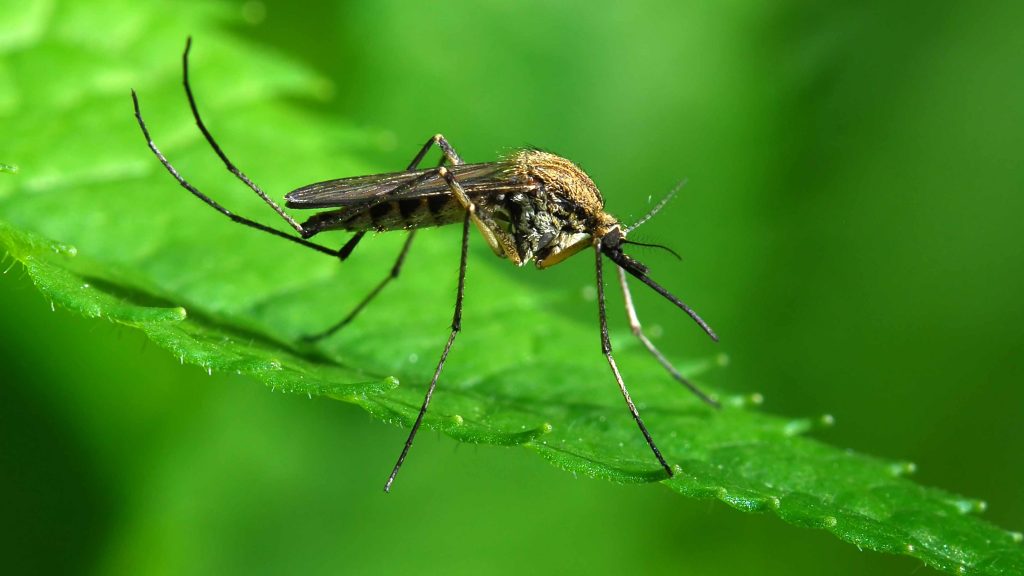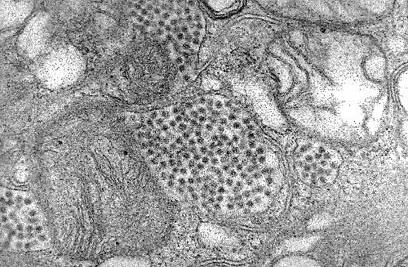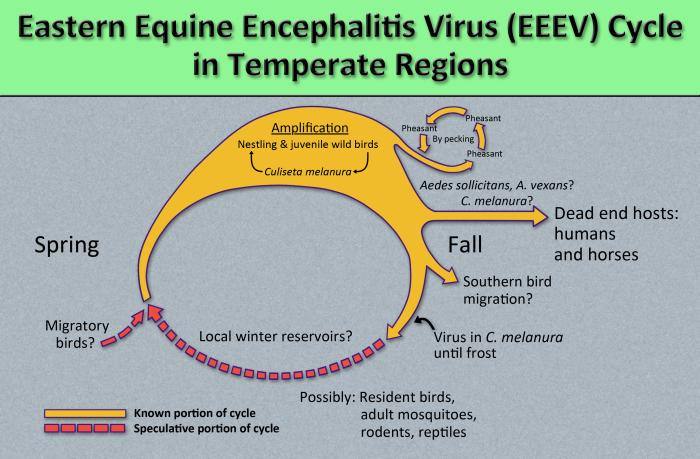-
Featured News
Infectious Diseases A–Z: What’s Eastern equine encephalitis?

Eastern equine encephalitis (EEE) is a rare and potentially fatal virus spread to humans through the bite of an infected mosquito.
"The Center for Disease Control and Prevention (CDC) reports anywhere from three to about 15 cases of confirmed Eastern equine encephalitis virus (EEEV) every year," says Dr. Elitza Theel, director of the Mayo Clinic Infectious Diseases Serology Laboratory. "What is rather concerning though, is that so far in 2019, there have been 20 cases of EEEV reported and we still have some time before the first frost. The cases of EEEV this year are from six states, with most cases occurring in Massachusetts (nine cases) and Michigan (seven cases). And of these cases, six have been fatal."

Image Courtesy: Centers for Disease Control and Prevention
There is no vaccine to prevent EEEV or treatment. Dr. Theel answers some questions to help better understand the virus:
What is Eastern equine encephalitis?
"EEEV is a fairly uncommon virus that is spread by mosquitos and mostly found in states in the eastern half of the U.S. The natural host or reservoir for EEEV in the environment are birds, so mosquitos that take blood meals from these birds get infected and can then pass the virus to humans. Humans are considered ‘accidental hosts’ because if infected with EEEV, we can’t pass the virus onto an uninfected mosquito when it bites us. Interestingly, horses are also quite susceptible to EEEV and can die from the infection. If horses are diagnosed with this, we know that EEEV is circulating in the area."

How is the virus spread?
"EEEV can be spread by different types of mosquitos like Aedes or Culex species mosquitos. Importantly, EEEV is not spread from person to person or from infected birds or horses to humans."
How serious is EEEV?
"Some individuals may be infected and never develop any symptoms. However, for those that do develop symptoms, they can manifest anywhere from four to 10 days after the mosquito bite and infection. EEEV can present similar to the flu with high fever, chills, malaise and myalgia which can last for as long as two weeks, but people will completely recover. In other individuals, EEEV can present as encephalitis, or essentially infection of the brain, which can lead to headache, irritability, vomiting, convulsions and even coma. About 30% of individuals with encephalitis die from this form of EEEV infection, while those that recover frequently have significant residual and often disabling symptoms, ranging from mild dysfunction to seizures and paralysis."
How can you prevent EEEV?
"Try to avoid the peak mosquito-biting times, which are during dawn and dusk. Also, using mosquito repellant which importantly contains DEET or another such EPA-registered repellant is recommended, and do not forget to reapply. Wearing long pants and long-sleeved shirts is also something to consider, although that is tough to do during the hot days and nights."
The CDC offers a free online tool to choose the best insect and mosquito repellent for your needs.







